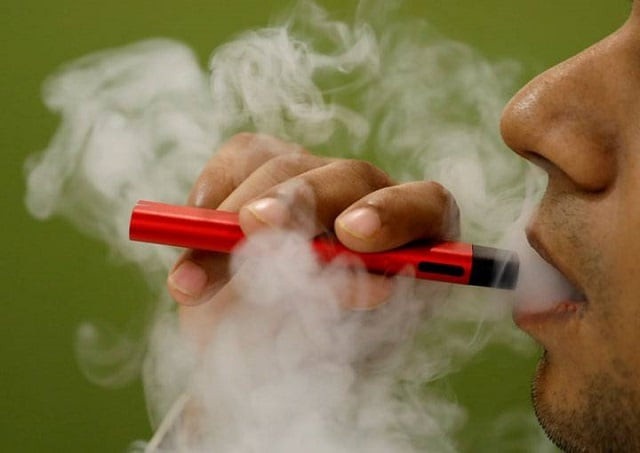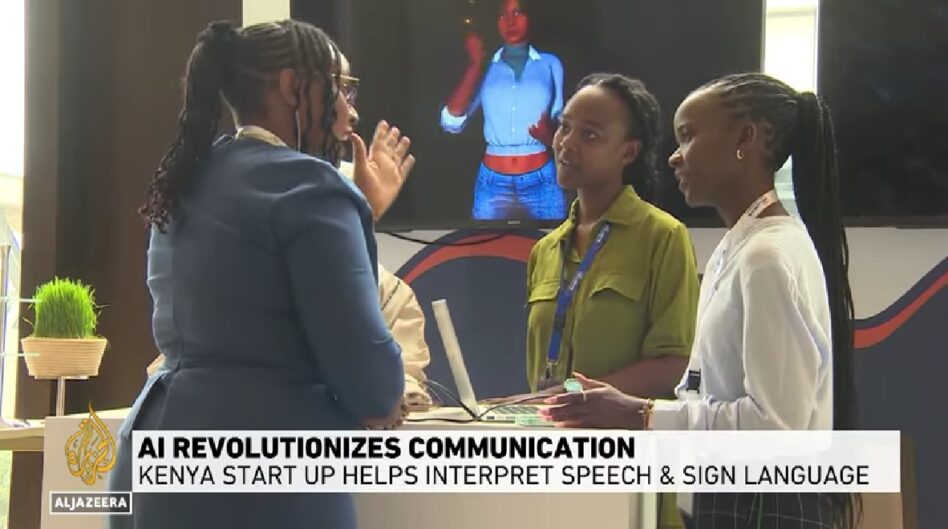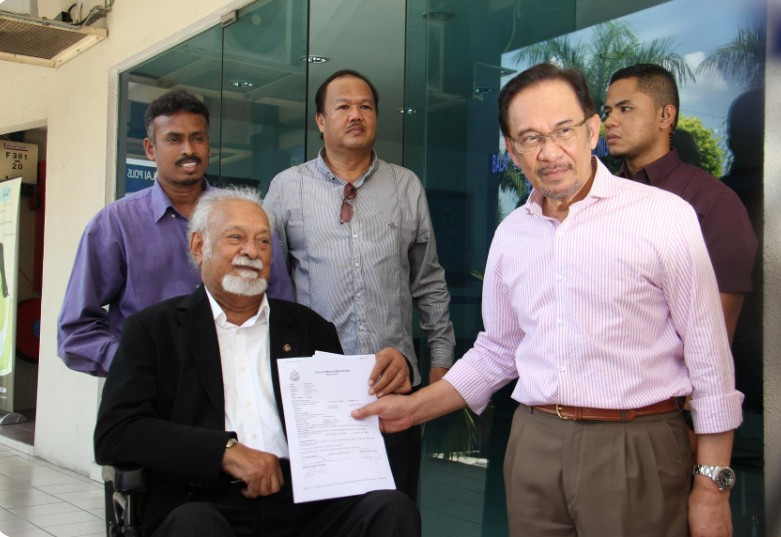By Julian Tan
FOR decades, the Malaysian public health system operates on a dual track. The public and private health providers complement each other in a symbiotic relationship that strikes a fine balance between affordability, accessibility and service quality.
Those who can afford it would opt for private health services, to enjoy the speed and comfort when being nursed back to health, but at premium charges. On the other end of the spectrum is public healthcare, where queues to see a specialist can be very long and the hospital wards can get a little crowded, although the fees are much cheaper.
The public-private segregation has worked well over the decades. Patients can opt for the track that suits their budget and preferred comfort levels, while the Government is not unnecessarily burdened with hefty health subsidies.
The same system ought to be replicated in the National COVID-19 Vaccination Plan (PICK), which has gotten off on a poor footing, especially since Phase II started. The slow rollout and the logistical hiccups in various vaccination centres like overcrowding in Titiwangsa and World Trade Centre have raised questions about the Government’s ability to cope with the largest mass immunisation exercise in history.
But as of now, the private sector is not allowed to offer an alternate track for COVID-19 vaccination. Even State Governments must use vaccines approved by the National Pharmaceutical Regulatory Agency, and even then, the Federal Government gets priority in vaccine orders.
But if the private sector is allowed to acquire and administer the vaccines on a for-profit basis, it would help the country achieve herd immunity faster. This is just like how patients in private hospitals get faster service in a more comfortable setting than those in public hospitals.
If the rich are willing to pay a premium to get the vaccines faster, then they should be given that option. There is no point in the Government subsidising the vaccines for them, and the savings could go into other healthcare investments or to purchase vaccines for foreign workers in Malaysia.
The question of the rich depriving the poor of vaccines does not hold water anymore. According to Airfinity, an analytics firm, vaccine makers produced 1.7 billion doses at the end of April, 700 million more than the previous month. Vaccine supplies are up and by some estimates, there could be a surplus in 2022.
With global COVID-19 vaccine supplies on the rise, the Malaysian Government should allow private healthcare providers to buy and administer vaccines, just like how private clinics and hospitals can provide, for a price, jabs like pneumococcal, Rubella and Hepatitis B, all of which are also available in public healthcare facilities for free, or at a nominal sum.
Opening up the COVID-19 vaccination process to the private sector also has another unintended, beneficial consequence: it forces the Government to be more transparent in its vaccination procurements.
As it is, there’s no public disclosures on how much the Government purchased the vaccines for and whether “local representatives” were involved in the process, something Malaysia is notorious for.
The Government had announced that it had allocated RM5 bil for PICK, but little else is known about where the money was actually going. With Parliament suspended, there’s little oversight on the massive spending. – May 28, 2021
Julian Tan is a FocusM editorial contributor
The views expressed are of the author and do not necessarily reflect that of Focus Malaysia.









